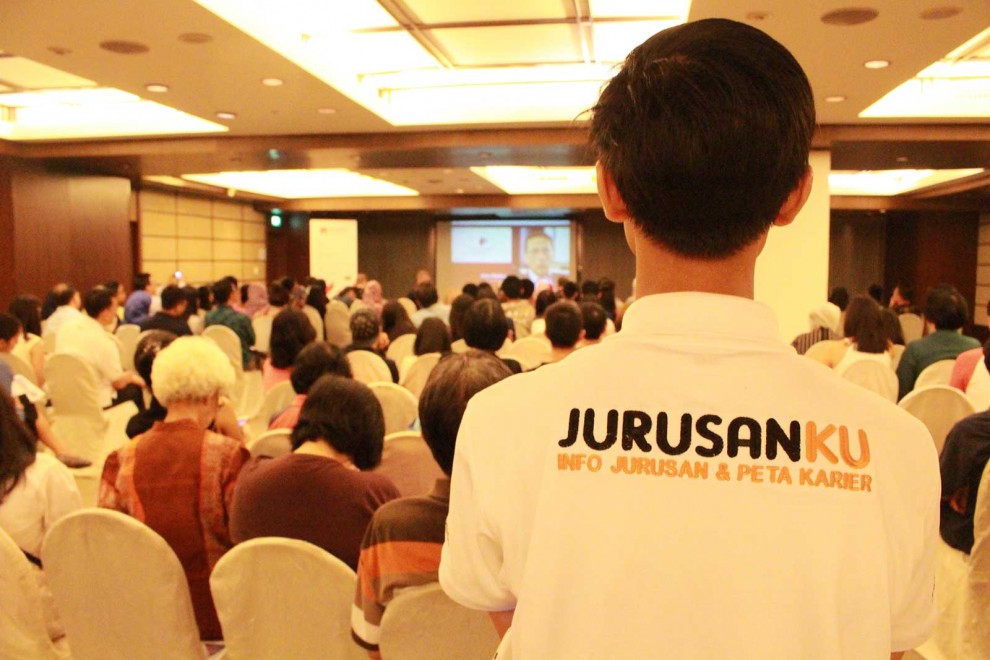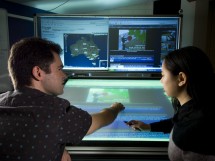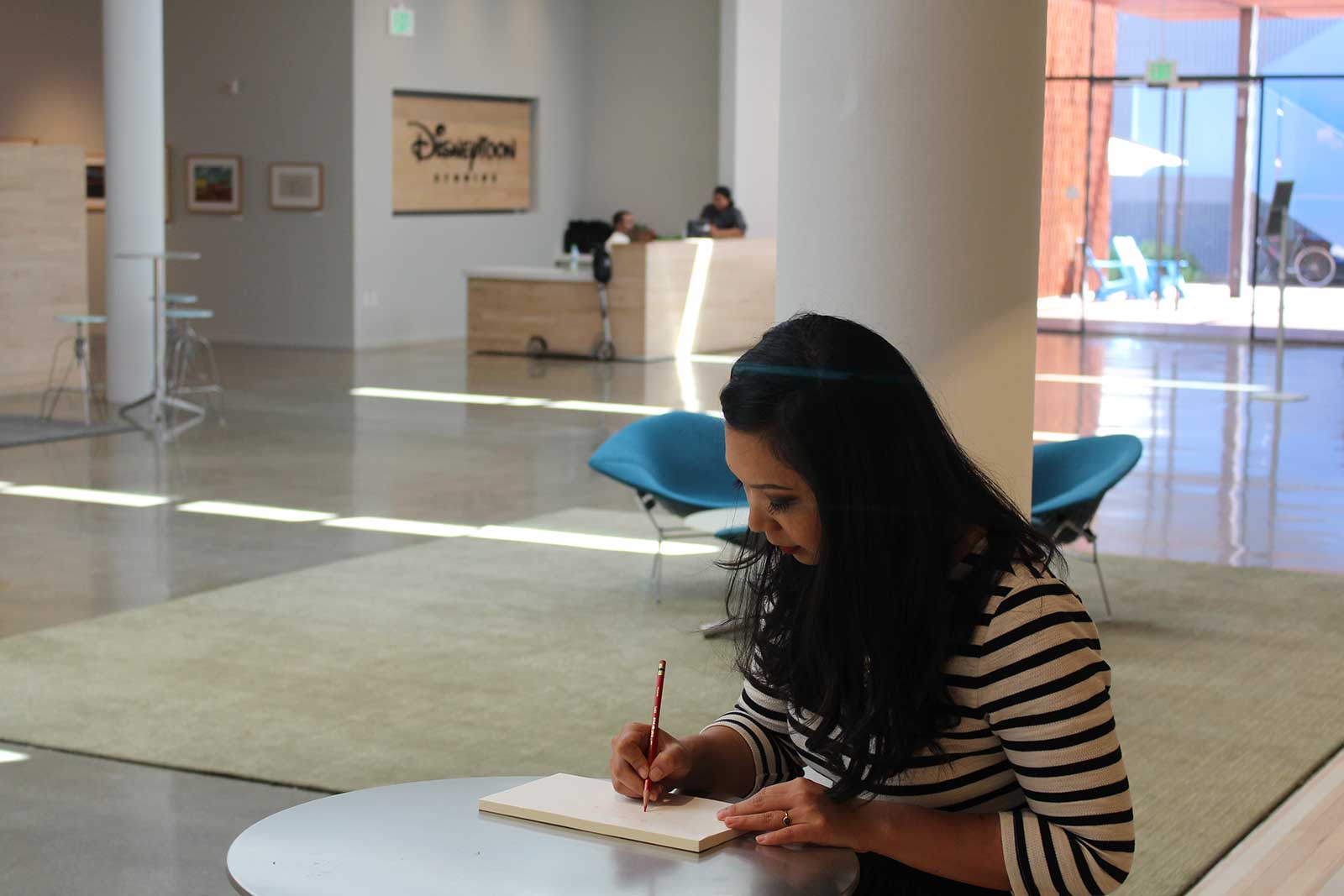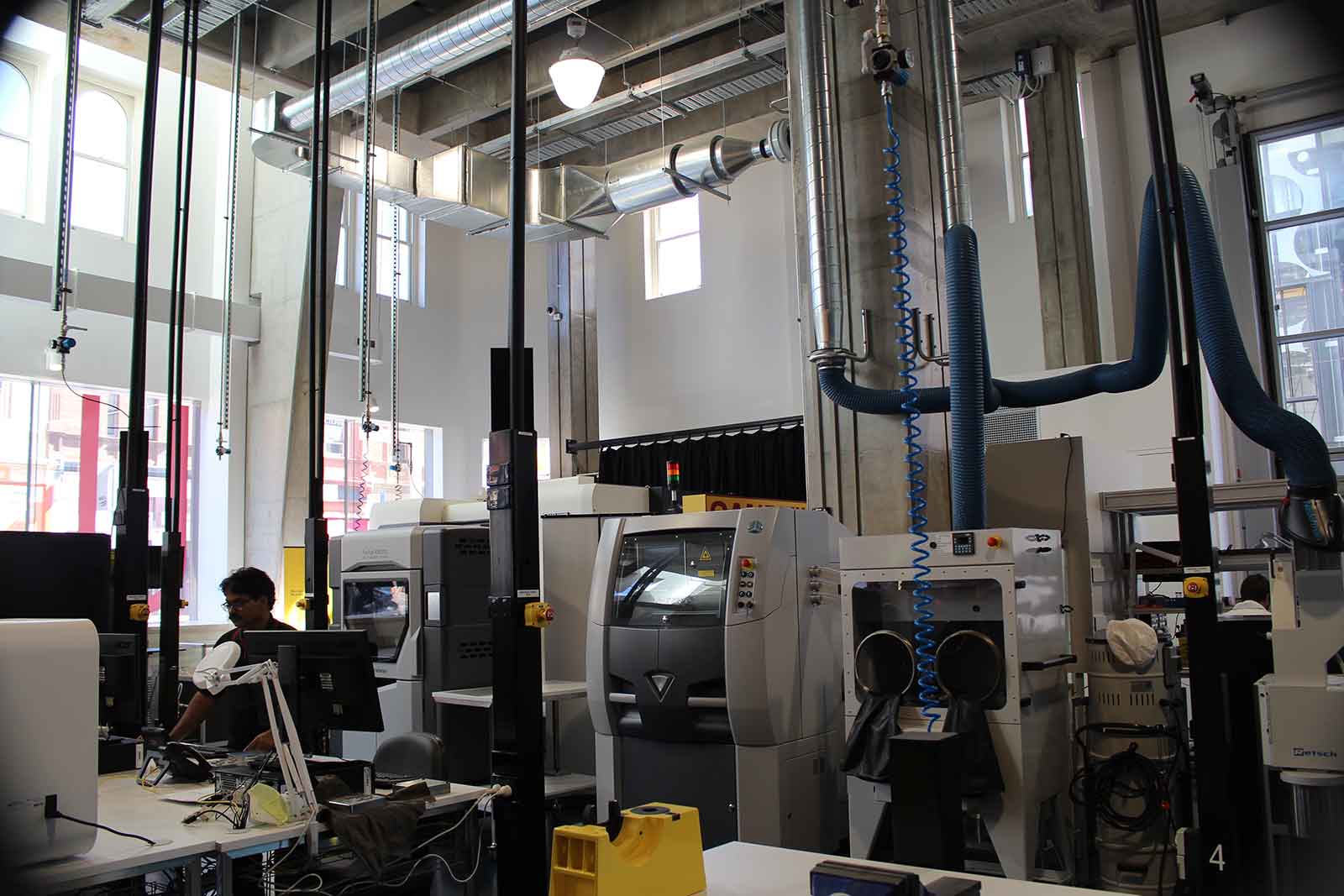(This article on Liberal Education appears on Kompas KLASS, April 2016. Read the first part of the story here).
“It’s in Apple’s DNA that technology alone is not enough.”
Towards the statement he made in 2010, Steve Jobs added, “It’s technology married with liberal arts, married with humanities, that yields us the result that makes our hearts sing”
According to a study, in the next 10 years Indonesia is facing a shortage of about 15,000 engineers per year (Amich Alhumami, Kompas, 7th April 2016). A similar problem is faced by other countries including the United States with a shortage of graduates of STEM (Science, Technology, Engineering, Math). Apart from numbers, what kind of graduates do we really need?
Dr. Loretta Jackson-Hayes, a professor of chemistry at Rhodes College, Memphis, made a brief statement. “If American STEM grads are to keep leading the world in innovation, their science education cannot be divorced from the liberal arts.” (Washingtonpost.com) . Liberal arts-styled education is nothing ordinary. “Absolutely, we should be prepared to change directions!
At first, everything seemed so perplexing, but then I was so amazed at this way of thinking“, recalled Gaia. That things could have a variety of interpretations, should have strong reasons behind them, and not everything is black and white, open our minds and erode the self-righteous arrogance. After exchanging arguments, they came to understand and appreciate the fact that there are problems where the solution is not simple.
Being accustomed to thinking hard with varied materials, issues, and points of view, graduates have a high degree of adaptability. A typical attitude such as “I’m sorry, but this is not my field of expertise” does not sound right to them. In fact, dealing with things beyond their field of study during college years is nothing new.
“21st Century Skills”
With its unique way, liberal arts graduates are set for continuous growth or even changing the world. Many successful startup companies come from liberal arts colleges, partly because the founders are familiar with disruptive thinking. The latest trend, as it is considered to have the most sought-after character for the 21st century, liberal arts college graduates are highly preferred by CEOs in America, especially from tech companies.
With the ability to learn independently, to think analytically and critically, to own a broad mind, creativity, and multidisciplinary way of thinking, graduates do not feel hesitant to face problems outside their expertise. Is not it all that is necessary to face this complex, diverse, and rapidly changing 21st century?
It is almost certain that disruptive inventions will keep appearing and changing the face of professions and industries. When most people are worried because they get stuck in their stagnant career or even get laid off, liberal arts graduates are better prepared to adapt. They may even help turn the situation with their new ideas
It is true that liberal arts education is not for everyone. In addition to the limited university options, tuition fees are not cheap because classes are small and always taught by professors, not teaching assistants. Some quite famous include Williams College, Bowdoin College, Pomona College, Illinois Wesleyan University, Swarthmore College, and Middlebury College.
Many people choose a university based on ranking. Keep in mind, however, that the highest rank universities generally belong to research-based universities. In Europe, universities whose focus is on the practical or industrial aspect are called University of Applied Sciences. In Australia, this kind of universities is grouped into ATN (Australian Technological Network).
However, for students who are full of curiosity, open-minded, and want to learn to collaborate without language, cultural, social, political or religious barriers, a college with the liberal arts model will meet their expectations.
The system deeply rooted in the ancient Greek education used to be considered to produce unemployable graduates. But now the situation has changed. George Anders even writes for Forbes magazine, entitled “That ‘Useless’ Liberal Arts Degree Has Become Tech’s Hottest Ticket.”
Read the first part of this article, “Choosing a Higher Education Institution that Prepares Students for Future Changes”.
Ina Liem
Author and CEO Jurusanku
@InaLiem
@kompasklass #edukasi



















Add Comment